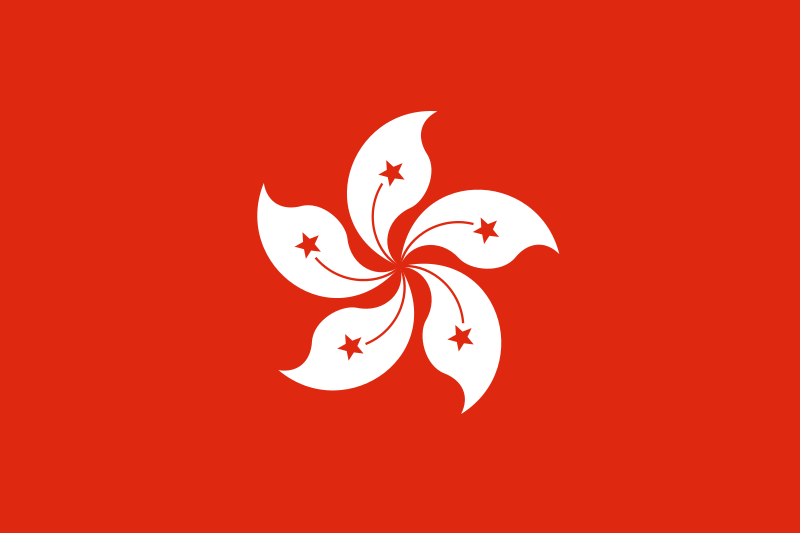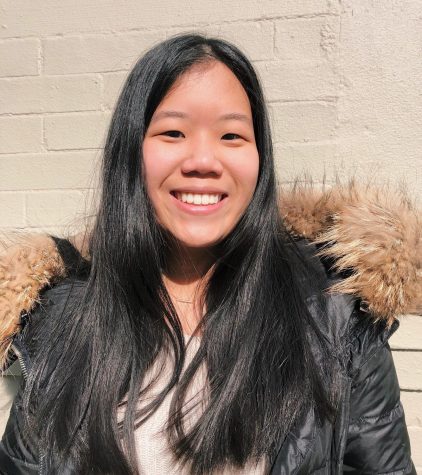Recent Events in Hong Kong
December 6, 2019
December marks almost six months of pro-democracy protests in Hong Kong, with tensions still rising. Although the initial primary objective of the protests, withdrawing the extradition bill, has been met, the movement has evolved to a call for political, economic, and social freedom as well as police accountability, with significant examples of misconduct by the Hong Kong Police Force.
Following 150 years of British rule, the British handed over Hong Kong to China under a “one country, two systems” agreement on July 1, 1997. Hong Kong became a special administrative region with a degree of autonomy promised by mainland China until 2047, fifty years after the handover. Under the “one country, two systems” agreement, mainland China ensured that Hong Kong would not interfere with Hong Kong’s legislative, economic, and judicial systems.
Since the 1997 handover, mainland China has instead increased its control over Hong Kong with methods including the Basic Law Article 23, Chinese patriotism classes, pre-screening requisites for Chief Executive of Hong Kong candidates, and an extradition bill.
The motto that the pro-democracy protestors have adopted is “five demands, not one less.” The five key demands are:
- The protests to be not labeled as “riots”
- The release of arrested protestors
- A complete independent investigation into police brutality and misconduct
- The implementation of universal suffrage
- The withdrawal of the extradition bill (which has been met)
Recently, pro-Beijing Chief Executive Carrie Lam banned the use of face masks during protests with Hong Kong being in a “state of serious danger.” Wearing a face mask would be punishable by fines and jail time. Face masks, however, are common articles of clothing for protestors for their security and safety as the masks provide anonymity as well as protection from the tear gas used by the Hong Kong police. The Hong Kong government anticipated a decrease of protestors coming out to protest with or without violence, but the face-mask ban instead triggered further protests. Though the Hong Kong High Court did rule the face-mask ban as unconstitutional, mainland China’s top legislature, the National People’s Congress, stated that Beijing, not Hong Kong, has the authority to rule on constitutional matters in Hong Kong, a significant contradiction to the “one country, two systems” policy. The ban and the reinstatement of the ban raise concerns of encroaching government influence on civil liberties in Hong Kong and mainland China’s control in the supposedly semi-autonomous region.
Amidst the struggles in their fight for freedom, the protestors have rejoiced with some victories. President Donald Trump signed bipartisan legislation, the Hong Kong Human Rights and Democracy Act, which supports the cause of the pro-democracy protestors. The Senate unanimously approved the bill on November 19, and one day after, the House provided a near-unanimous approval of the bill with a vote of 417 to 1. The Hong Kong Human Rights and Democracy Act requires the US government to sanction Chinese and Hong Kong officials involved with human rights abuses in Hong Kong. The bill also requires the US government to annually review its trade relations with Hong Kong. President Trump also signed a second bill, also in support of the pro-democracy protestors, which restricts the exports of crowds control mechanisms, such as tear gas and rubber bullets, to the Hong Kong police.
On November 24, the Hong Kong local elections were held, resulting in sweeping victories for pro-democracy supporters. With 1,100 eligible candidates who ran, 389 seats out of 452 were secured by pro-democracy candidates—more than they have ever won in history. Pro-Beijing candidates won only 58 seats in the district council compared to their previous 300 seats. This victory can be attributed to the impressive voter turnout as 3 million people (equivalent to 71% of eligible Hong Kong voters, a record voter turnout) cast ballots in the recent election, an example of the unbreakable morale of the pro-democracy supporters.
Even as pro-democracy supporters celebrate their major victory at the polls, however, protests continue on the streets of Hong Kong in the continued fight for freedom and justice against police brutality. Throughout the months of the pro-democracy movement, police have acted with impunity, beating protestors with batons, assailing them with tear gas, and even killing students. With the deaths of students Chan Yin-lam and Alex Chow as well as the killing of an unarmed 21-year-old student protestor at the hands of the police, protests continued to escalate—only to be met with an intensified police response. With protestors occupying college campuses of the Chinese University of Hong Kong and the Hong Kong Polytechnic University, police blockaded and attacked protestors, injuring and arresting many in the process. As a number of volunteer medics prepared to treat the injured at the Hong Kong Polytechnic University, the police forces temporarily detained the emergency medics. In denying protestors first aid, the police have undermined the expected norms of humanitarianism and human rights laws and have clarified who they believe to be entitled to medical care.
Over the course of the Hong Kong protests, the goal of the pro-democracy movement has evolved beyond the protestors’ initial demands for the withdrawal of the extradition bill to include the demand for justice and human rights that have been and are violated within the region. While protestors have secured major victories with the democratic landslide in the local elections and Washington’s Hong Kong Human Rights and Democracy Act, they will continue to face issues of police brutality and misconduct. Based on the determination and success of protestors in their previous endeavors, however, Hong Kong’s youth seem to be far from ready to give up fighting.


